In addition to the injuries and deaths that take place every year, in 2021 construction had to deal with fires and floods of unusual intensity.
“Except for smoke, this summer’s fire season had little impact on construction,” said Erin Linde, director of health and safety services at BC Construction Safety Alliance (BCCSA). “The floods are a different story, however.”
Ashley Foster, technical representative at ESP Engineered Site Products (2019) Ltd. in West Kelowna, BC, says the flooding caused the company to lose some small jobs on Vancouver Island.
“Because our warehouse is in Calgary, we aren’t able to truck material to them and air freight is too expensive,” said Foster. “I think we’re looking at the end of January before we can start shipping material to Vancouver airport and the Island.”
Linde says BCCSA is already preparing for the 2022 fire and flood seasons.
“Climate change is real and it will have a big impact on the weather and natural events in the future,” she said.
Because COVID-19 is still stalking the land, vaccination fast-lane clinics for construction workers were set up across B.C. in the summer.
According to BCCSA, because COVID-19 exposures can result in work site closures, workers need to get vaccinated.
“I’m impressed at how fast and efficient the B.C. construction industry was able to develop an effective vaccination communications strategy,” said BCCSA executive director Mike McKenna. “One of the lessons of COVID-19 is that the construction industry can open things up again if we just get together and co-operate.”
Thanks to the pandemic, more attention is being paid to workplace health and hygiene.
“COVID-19 is a reminder there are serious health hazards in construction, in addition to safety hazards, that need to be recognized,” said Melanie Gorman Ng, BCCSA health and exposure scientist. “For example, asbestos is the biggest killer in the workplace, and hand-arm vibration syndrome can cause permanent damage.”
Some sad news that was not caused by bad weather or the pandemic was the September announcement that the BC Prosecution Service had stayed the charges against those accused of being complicit in the 2009 death of Sam Fitzpatrick.
Fitzpatrick, 24, had been working as a drill and blast crew scaler on a hydroelectric project near Toba Inlet when he was struck and killed by a boulder that rolled down from the slope above him.
Not only are construction workers’ bodies at risk, but their mental health also takes a beating. BCCSA’s Mike McKenna says the construction industry’s suicide rate is seven times the Canadian average.
To improve the access of construction workers to mental health information and services, BCCSA and Work to Wellness Rehabilitation Ltd. founded RE-MIND, a collection of tools and resources that can help construction workers deal with the curve balls that life sometimes throw their way https://re-mind.ca/
In addition to RE-MIND, the Independent Contractors and Businesses Association (ICBA) launched its Workplace Wellness program https://icba.ca/wellness/
“The program was developed for the unique challenges in construction,” said ICBA president Chris Gardner.
Gardner says retired NHL goalie Corey Hirsch has been named the association’s Wellness Ambassador for 2022.
In June, WorkSafeBC announced new hard hat rules that, it said, will make B.C. workplaces more inclusive for people who wear religious head coverings, but without compromising workplace safety.
Starting on September 1, 2021, employers are required to review each job site area when determining if a person must wear safety headgear, such as a hard hat, in that area.
In other WorkSafeBC 2021 news, the organization’s board of directors approved changes to the province’s Occupational Health and Safety Regulations that make certification of concrete pump operators mandatory.
According to the new regulations, before a person operates, or supervises a person who operates, a concrete pump or placing boom at a workplace, the employer must ensure the work is done in a competent and safe manner.
Although the regulation goes into effect Dec. 1, 2021, there is a two-year grace period before it becomes mandatory.
As the only certification body in the province recognized by WorkSafeBC, BCCSA will administer the written tests and practical assessments the applicants must take to earn their certificate.
Finally, paid sick leave will be standard for B.C. workers beginning Jan. 1, 2022.
The new entitlement, which begins with a minimum of five paid sick days per year, applies to all workers, including part-time workers, who are covered by the Employment Standards Act.
BC becomes the first province to legislate this amount of paid time-off for workers who fall ill.
Between January and October 2021, WorkSafeBC received 6,380 new claims for short-term disability, long-term disability and work-related death benefits in construction, of which 25 were accepted claims for work-related deaths. In 2020, the comparable figures are 7,044 and 31.
There were 279 new mental health disorder claims in construction in 2020 (latest full-year statistics available) of which 163 were allowed. That compares to 136 in 2018 and 152 in 2019.


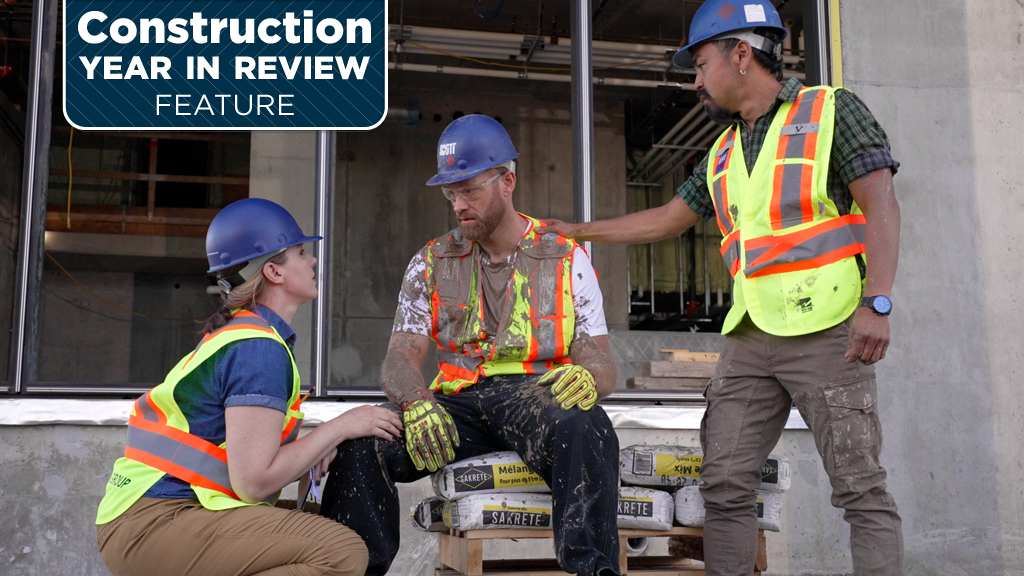

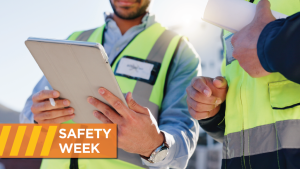

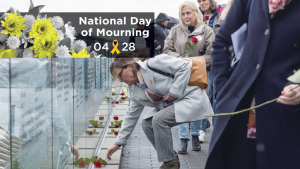
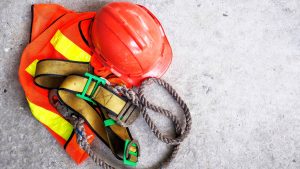
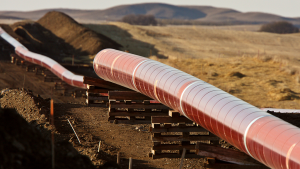
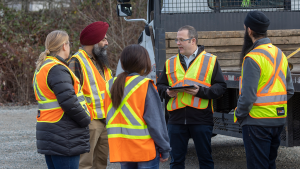

Recent Comments
comments for this post are closed